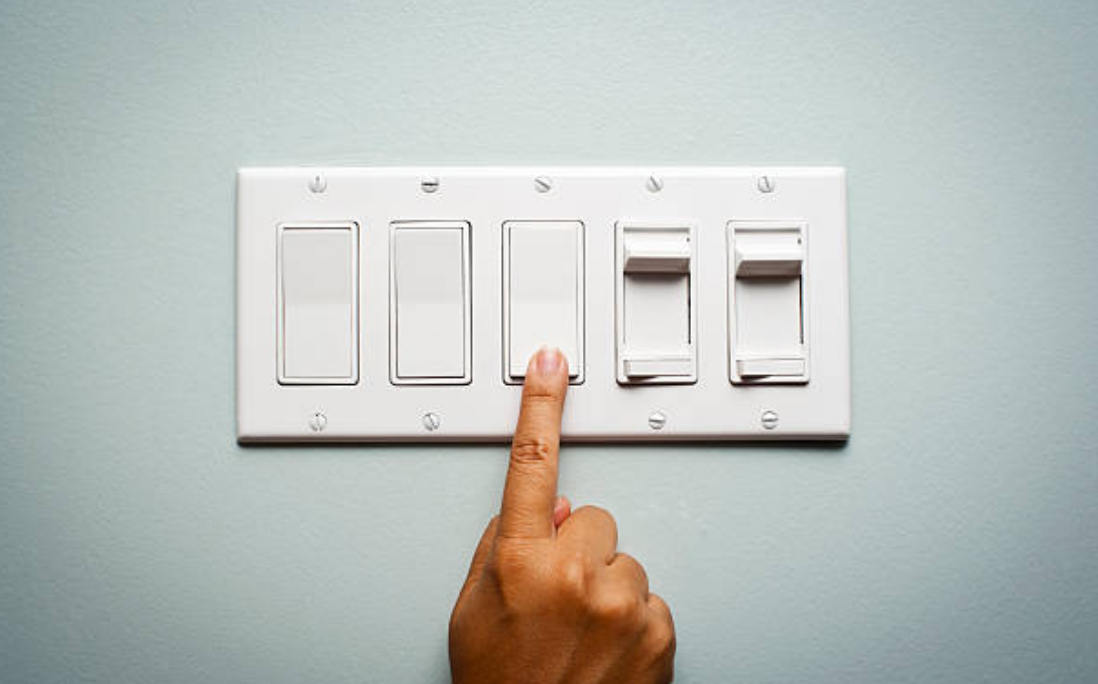Different Ratings of Electric Switch

Choosing the right kind of electric switch is an important decision for any project involving electricity. Not only does the switch have to be suitable for the amount of electricity the project requires, but it also has to be reliable and safe. Knowing what type of switch is best for your project is the first step.
Electric switches are vital components of many electrical systems, and their proper selection and installation are essential for the efficient performance of the system. Depending on the application, different types of switches may be required. Electric switch are rated based on their capacity to carry current and their ability to interrupt that current at a given voltage. This rating is usually expressed in amps and/or volts. Common ratings for electric switches include 15 amps at 120 volts, 20 amps at 120 volts, 30 amps at 120/240 volts, and 50 amps at 120/240 volts. The 15-amp switch is the most commonly used and is found in residential applications such as lighting and small appliances.
Dielectric Strength Ratings
Dielectric Strength Ratings are an important consideration when selecting materials for electrical components. It is essential to determine the electrical strength of a material before it is used in order to ensure the safety of the electronics and people interacting with them. Dielectric strength ratings can also be used to compare two different materials and determine which one is more suitable for a particular application. Dielectric strength ratings are used in many industries, such as aerospace and medical, where electrical insulation is essential to the functioning of the equipment.
Dielectric strength ratings are used to measure the maximum voltage an insulating material can withstand before it breaks down and allows current to flow through it. This type of rating is an important consideration when selecting an insulation material for electrical components and systems. It is also an important factor in the safety of electrical systems and components, as it helps to ensure that the insulation material chosen will not break down when exposed to a certain voltage. Different materials have different dielectric strength ratings, and it is important to choose the correct rating for the intended application. When selecting an insulation material, it is important to consider the dielectric strength rating in order to ensure the safety of the system and its components.
Mechanical Strength Ratings
When it comes to developing, manufacturing, and marketing products to different industries, mechanical strength is an important consideration. The capacity of a material to sustain mechanical stresses like tension, compression, torsion, and bending is known as mechanical strength. It is a measurement of the maximum stress that a specific material can withstand before failing. The greater the number, the better it is when it comes to a material's strength.
Mechanical strength ratings are an important consideration when it comes to selecting materials for use in any mechanical application. The rating is a measure of the materials’ capability to withstand forces, stresses, and other mechanical pressures. The rating is typically based on tests that are conducted to measure the amount of force that can be applied to a material before it fails or breaks. Knowing the mechanical strength rating of a material can help you make an informed decision when selecting the right material for the job. It is important to note that the mechanical strength rating of a material can vary depending on the type and grade of the material, as well as the application and environment in which it is used.








